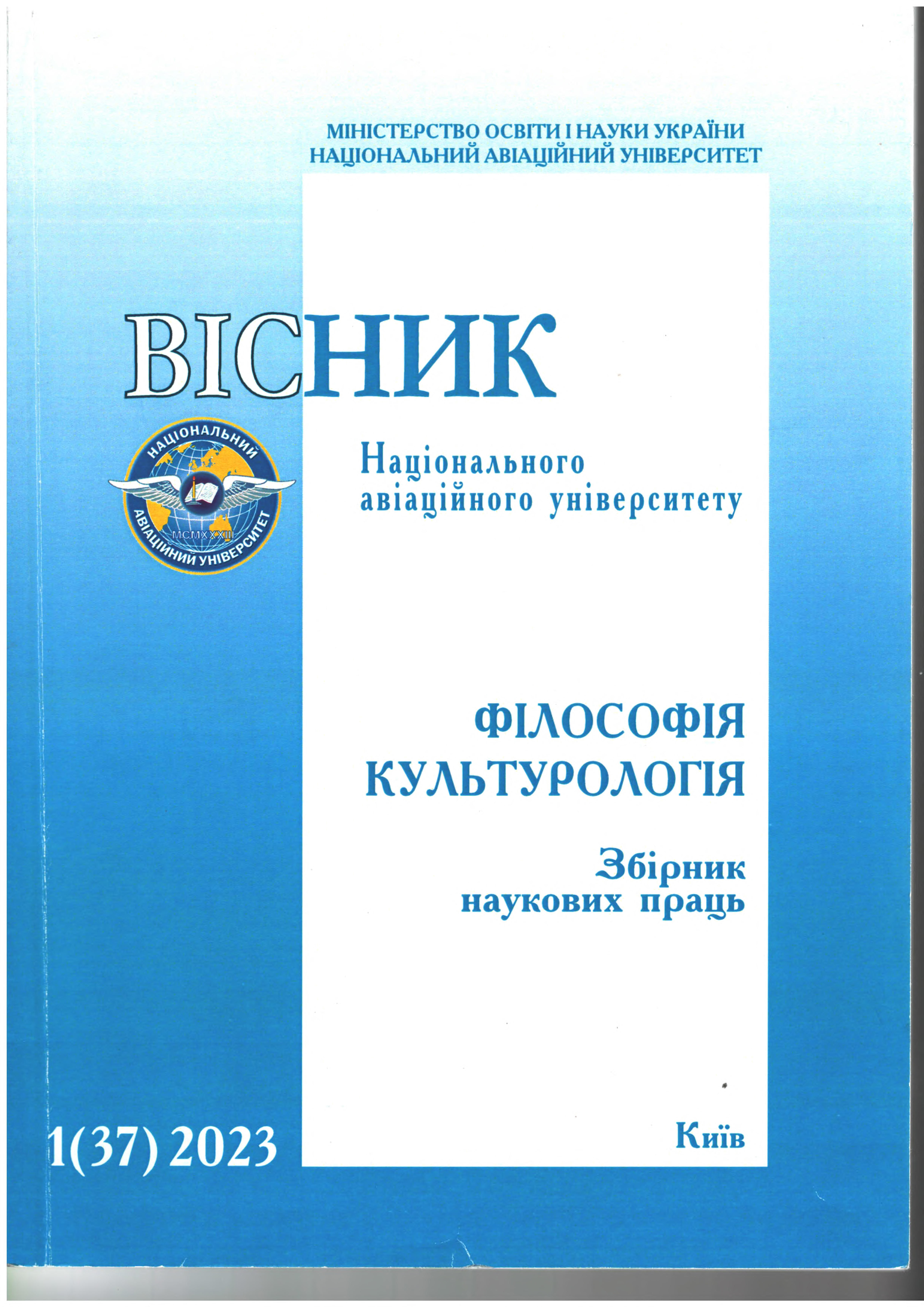INFORMAL COMMUNICATION IMPACT ON THE PROJECT THINKING DEVELOPMENT IN THE CONTEXT OF SOCIAL PROJECT WORK
DOI:
https://doi.org/10.18372/2412-2157.37.17569Keywords:
informal communication, social project, project thinkingAbstract
Introduction. Recently, there has been an increased interest in the communication of social projects in various spheres of the life of the state
and society. The aim of the article is to analyze the role of informal communication in the development of project thinking in the context
of social project work. The research tasks are to reveal the specifics of project thinking; investigate the specifics of social object
projecting; to analyze the potential of informal relations for the development of project thinking aimed at the social project. Research
method is interdisciplinary. Publications studying the research problem are arranged into several groups devoted to: 1) the theory of
communication; 2) the analysis of the specifics of social projecting; 3) informal communications as a social phenomenon. Research
results. Social project can be defined as a well-founded organization of social relations in various spheres that meets the given
requirements being realized in the near or distant future. The complexity of social projects put forward special requirements for project
thinking, which has normative and prospective orientation aspects. The shortcomings of a prospective orientation process is often
related to the subjective factor of those who develop and implement the project. Informal communication of employees, objectively
manifested in the nature and manner of their professional interaction, create opportunities for stimulating creative potential, introducing
innovative solutions. Forms of manifestation of informal interorganizational communications are myths, legends, traditions, rituals,
circulating rumors. Each of these manifestations is important and carries a different function. Discussion. A type of informal
communication ‒ team relations ‒ seem to be promising for project work. Conclusions. The communicative structure of the project
goes beyond the formal-hierarchical relations of participants and takes the characteristics of a social network that unites people involved
in the project. The contribution of informal communication in projects is related to the search for non-standard, innovative solutions,
since informal communications create conditions for self-regulation of processes and relationships in the team, in which it is easier for
participants to exchange ideas, thoughts, and knowledge. Due to the absence of strict formalized regulations within the framework of
informal communication, the creative potential of employees is revealed, as well as the approval of changes with further consolidation in
the formal structure or interaction. Management of informal communication in the form of rumours, gossip, traditions, rituals, corporate
myths and legends is a necessary component of the system of measures to improve the effectiveness of project interaction.

